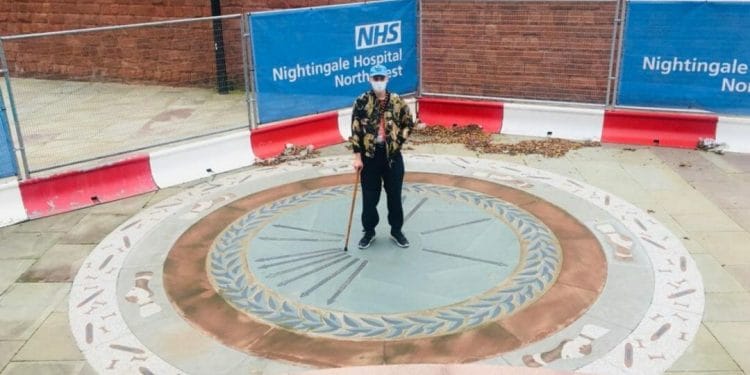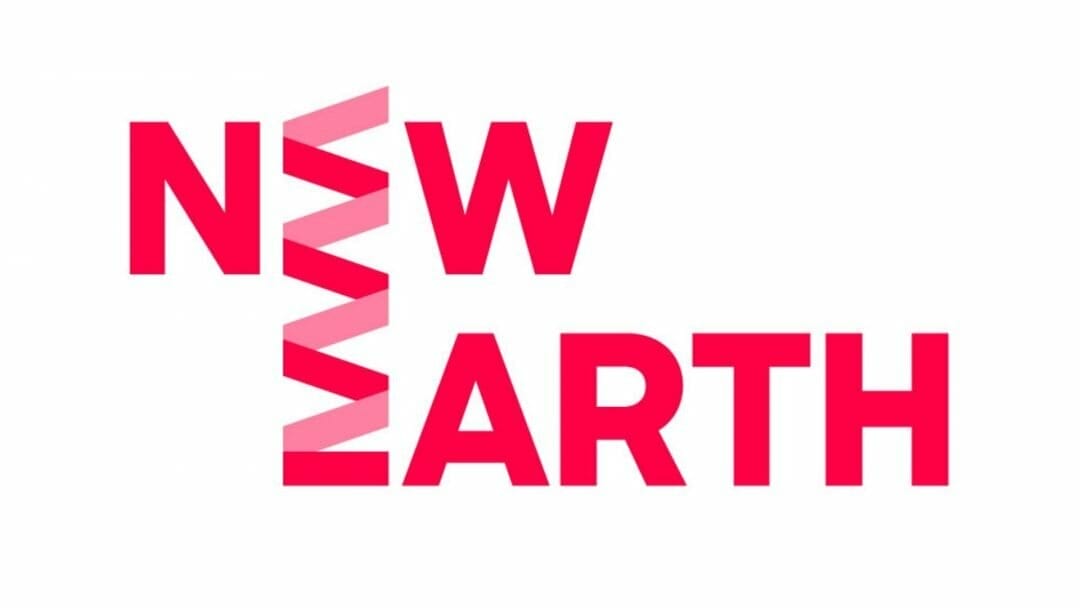Chris Shapiro is one of the artists taking part in Beyond Chinatown: A British East and South East Asian Guide to Manchester’s Past, Present and Future, a performance-led outdoor walking tour through Manchester from New Earth Theatre, which has relaunched today having been previously known as Yellow Earth Theatre.
The production is part of Signal Fires, a series of productions being presented nationwide this Autumn by the UK’s leading touring theatre companies.
Beyond Chinatown runs on Saturday 31 October with a digital presentation via Zoom on Sunday 1 November. More information can be found here.
Your work is being presented as part of Beyond Chinatown: A British East and South East Asian Guide to Manchester’s Past, Present and Future what can you tell us about it?
Beyond Chinatown is part of the Signal Fires events, a series of nationwide performances which are essentially the theatre industry, namely the touring theatre companies, marking our presence publicly in the face of government underfunding. We’re pushing through the arguments of viability and actually making live work that celebrates performance as well as signalling the knife’s edge we’re standing on. For Beyond Chinatown specifically, we’re also focusing on highlighting and standing out as British East and South East Asian (BESEA) artists, especially this year where our community has faced extraordinary amounts of racism. We’re taking audiences on a tour across Manchester city centre and performing work by BESEA creatives that gives a new perspective of the location we’re in. I guess what we’re really saying is: “we ain’t ya grandpappy’s model minority.”
What inspired your work in Beyond Chinatown?
Intersectionality and accessibility are central to my artistic practice and how I live my life, so really that was something I held as core for my section, which is the audio tour part – the rambling between performances as we move to each different space.
What kind of things have you had to consider when planning your contribution to this unique performance led walking tour?
Routing for me was a big one, I tried to pick a path through the city centre that was most comfortable for people attending with ambulatory difficulties, and also avoids crowds as much as possible so we can maintain safe distancing. Because my section is also in between some really incredible, heartfelt performances, I didn’t want to oversaturate the audience – so if you listen very carefully you might even hear a joke!
Why do you think it’s important to adapt performance in this way in the current situation?
Because art is – at its core – an expression of humanity, I don’t think it can escape its context in time, so there’s no point carrying on as if everything’s the same; it just isn’t. As with any part of society it evolves with us and what we go through, and like any evolving being it has to find new ways to survive new situations. We can’t perform in theatres right now so we’re performing where and how we can. For us that means in the streets, using audio and video, online. I deeply believe that the value of art lies in its being perceived, and while that has a thousand different meanings and nuances that can and have been debated forever, it means that the audience is the most vital element, and any practice has to reflect and accommodate them and their situation as much as those of the artists, if not more so. We’re still learning as it’s a new situation for us all – so I don’t necessarily think it is important that we’ve adapted our performance in this specific way. But what’s important is that we are adapting.
There’s also an option to join virtually, what can you tell us about that?
So we teamed up with some really cool and talented videographers and audio engineers to create a filmed version of the performance that’s going out via Zoom the day after the live performances, and it’s essentially operating under a pay what you can model because not everyone can afford a tenner on a show, now of all times. I’m actually personally really excited about this version because of the accessibility it affords people with disabilities who can’t or don’t feel comfortable attending a live event, even if it is distanced and safely done, as well as anyone who can’t physically make it to Manchester for the shows or can’t afford to. In terms of accessibility this sort of thing is so vital I think not only for those factors, but it also has the potential to bring in new audiences who have traditionally been excluded, and who might one day be the backbone of our industry.
What would you say to anyone thinking of joining you for Beyond Chinatown?
Nike motto: Just do it.
And, if you’re really on the fence; why not join us for the zoom version? It’s pay what you can, you don’t have to watch the whole thing, and you can dip in and dip out for different sections if you feel like it. It’s up to you; it’s for you. There are so many different artists with such different practices and styles involved. You’ve got nothing to lose and everything to gain, it’s a win-win.















